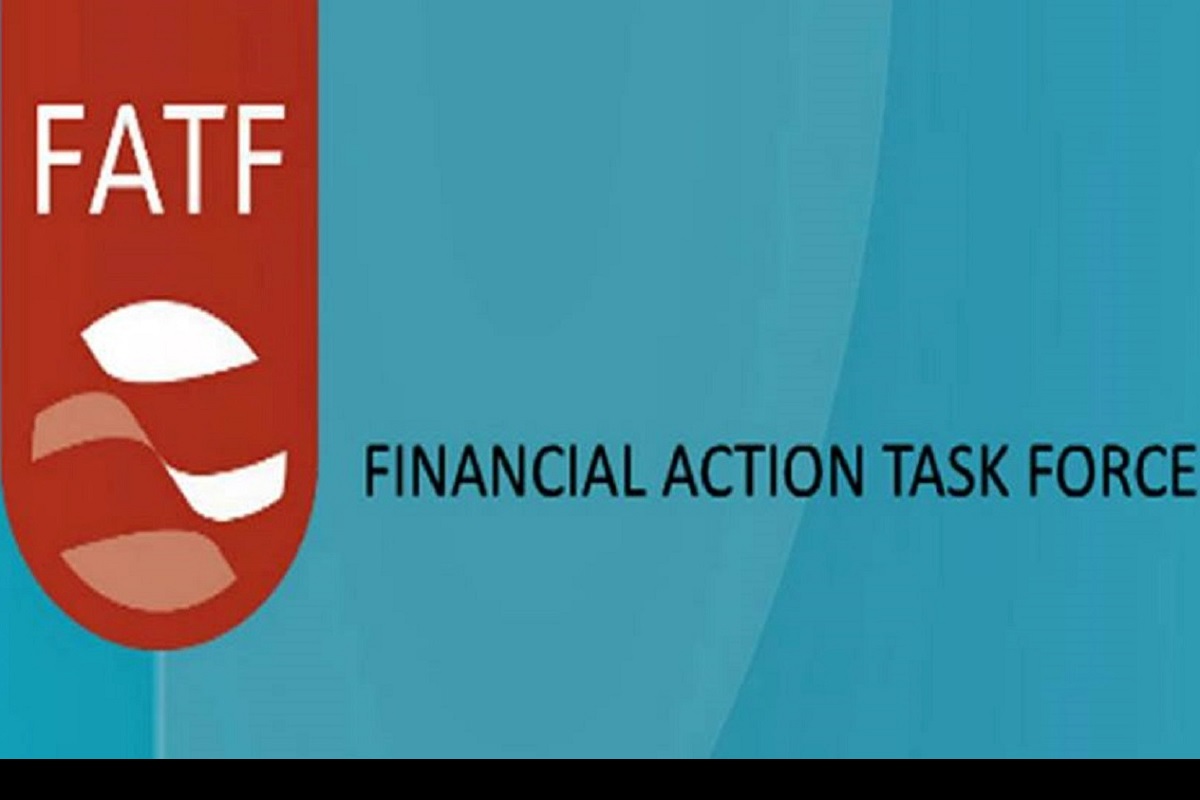Trade with Pakistan can help achieve 2047 goal
Prime Minister Narendra Modi wants India to become an advanced nation by 2047, exactly a hundred years after Independence.
These will include goods at godowns, maalkhanas or any other place and will be confiscated.

Representational Image: Facebook/@KFEPvtLtd
With its back to the wall, Pakistan appears to be turning the screws on terror financing. The country has been on the grey list of the Financial Action Task Force (FATF), and has now resolved to streamline its network of investigation. It is open to question, however, whether it will thus be elevated in the FATF’s reckoning.
The government in Islamabad intends to introduce new rules on forfeiture, management and auction of properties and assets relating to Anti-Money Laundering (AML) cases and transfer of investigations and prosecution of such cases from police, provincial anticorruption establishments and other similar agencies to specialised entities in order to achieve the FATF benchmarks.
Advertisement
Indeed, two sets of rules are on the anvil, specifically the AML (Forfeited Properties Management) Rules 2021 and the AML (Referral) Rules 2021 under the “National Policy Statement on Follow the Money”, which has been approved by the federal cabinet helmed by Prime Minister Imran Khan.
Advertisement
The new rules and notifications for changes in the existing schedule of the Anti-Money Laundering Act 2010 will come into force with immediate effect and will be coupled with the appointment of administrators and special public prosecutors for implementation. The new measures will form the criteria for the FATF to judge whether or not Pakistan has complied with three outstanding benchmarks out of 27, that had held up its exit from the grey list in February this year.
Several review meetings of the FATF are scheduled to begin in the second week of June, culminating in the next FATF plenary between June 21 and 25. The three outstanding aspects are: (i) demonstrating that terrorist financing (TF) investigations and prosecutions target persons and entities acting on behalf or on the directive of the designated persons or entities; (ii) demonstrating that TF prosecutions result in effective, proportionate and dissuasive sanctions; and (iii) demonstrating effective implementation of targeted financial sanctions against all designated terrorists, particularly those acting for them or on their behalf.
Also to be strengthened is the administrative aspect. This is being effected quite obviously to facilitate investigation, an initiative that is addressed to the FATF gallery. The government has decided to appoint dozens of administrators with the powers to confiscate, receive, manage, rent out, auction, transfer or dispose of or take all other measures to preserve the value of the properties and perishable or non-perishable assets.
These will include goods at godowns, maalkhanas or any other place and will be confiscated. Should the redefined policy be properly implemented, the federal government will be in a position to protect the financial system and the economy from criminal operations.
Advertisement